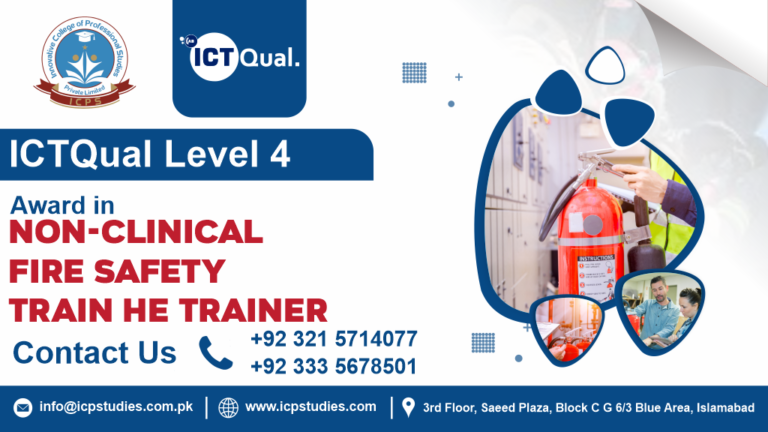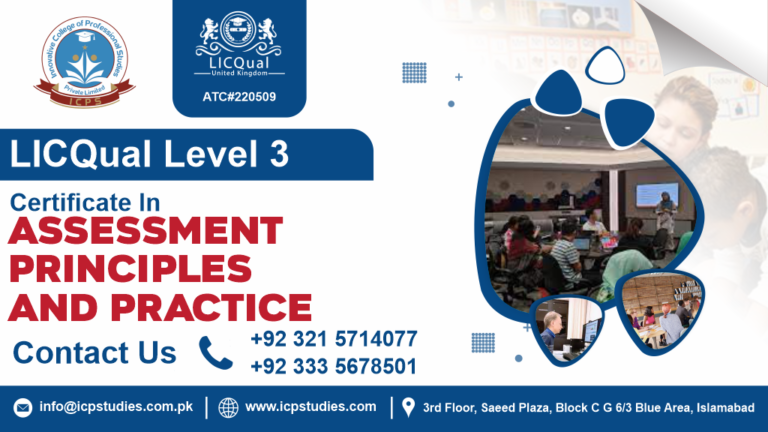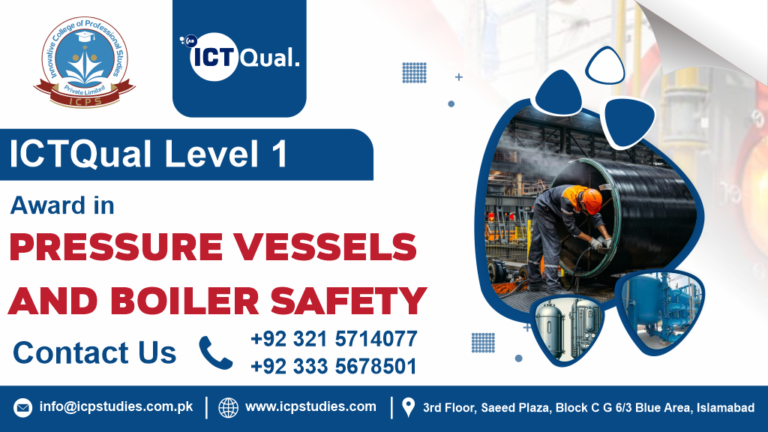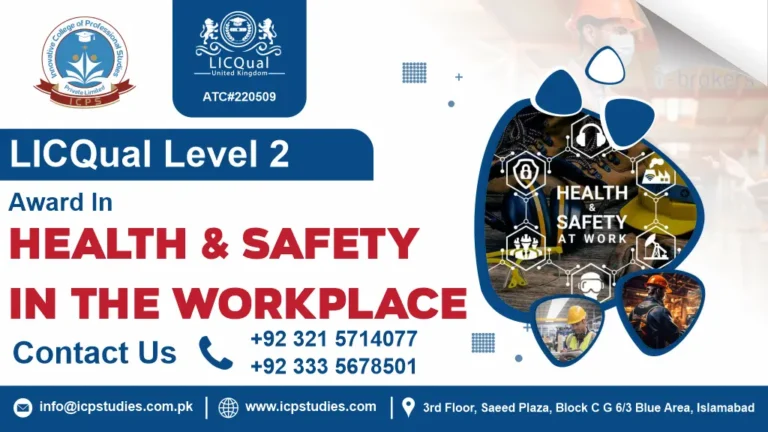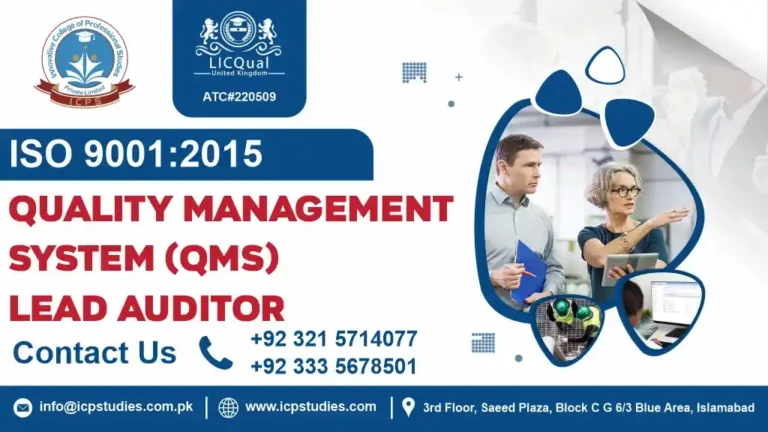In the dynamic world of heavy industries and construction, the mastery of lifting operations stands as a critical skill set. The safe and efficient movement of heavy loads demands meticulous planning, technical expertise, and adherence to stringent safety protocols. For those aiming to excel in this specialized field, the Level 5 Diploma in Controlling Lifting Operations — Planning Lifts offers an advanced pathway towards expertise and leadership.
The Level 5 Diploma in Controlling Lifting Operations — Planning Lifts is a comprehensive qualification meticulously crafted to equip individuals with the knowledge and skills to plan and supervise lifting operations with precision and proficiency. Tailored to meet the evolving needs of modern industries, this diploma delves deep into the intricacies of lifting operations planning and execution.
Level 5 Diploma in Controlling Lifting Operations — Planning Lifts stands as a beacon of excellence, shaping the future leaders of the lifting operations industry. By equipping individuals with advanced knowledge, technical skills, and leadership qualities, this diploma paves the way for a fulfilling and successful career journey in the dynamic world of heavy industries and construction. For those seeking to elevate their expertise and make a lasting impact in the field of lifting operations, this diploma is indeed a pathway to success.
All About Level 5 Diploma in Controlling Lifting Operations — Planning Lifts
Course Overview
The Level 5 Diploma in Controlling Lifting Operations — Planning Lifts is an advanced qualification designed to provide individuals with the specialized knowledge and skills required to plan and supervise lifting operations with precision and proficiency. This diploma program is tailored for professionals working in industries where lifting operations are commonplace, such as construction, manufacturing, logistics, and maritime sectors.
Level 5 Diploma in Controlling Lifting Operations — Planning Lifts is designed to equip individuals with the advanced expertise and leadership qualities necessary to excel in planning and supervising lifting operations in diverse industrial environments. Graduates of this diploma program are well-positioned for career advancement opportunities and are valued for their ability to ensure the safety, efficiency, and compliance of lifting operations within their respective industries.
Study Units
Admission Criteria
- Legal and Regulatory Framework for Lifting Operations:
- Understand the legal and regulatory requirements governing lifting operations in specific jurisdictions.
- Interpret and apply relevant legislation, standards, and codes of practice related to lifting operations.
- Ensure compliance with statutory requirements to maintain a safe and legally compliant working environment.
- Risk Assessment and Management in Lifting Operations:
- Conduct comprehensive risk assessments for lifting operations, identifying potential hazards and evaluating associated risks.
- Implement effective risk management strategies to mitigate identified risks and ensure the safety of lifting activities.
- Monitor and review risk control measures to continuously improve safety performance in lifting operations.
- Introduction to Fire Incident Investigation:
- Gain an understanding of fire incident investigation techniques and methodologies.
- Identify key factors contributing to fire incidents and understand the principles of fire dynamics and behavior.
- Analyze fire incident scenes and gather relevant evidence for investigation purposes.
- Planning and Organizing Complex Lifts:
- Develop advanced planning skills for complex lifting operations involving multiple variables such as load weight, distance, height, and environmental factors.
- Organize lifting operations effectively, considering logistical requirements, resource allocation, and project timelines.
- Ensure the safe and efficient execution of complex lifts through meticulous planning and coordination.
- Lifting Equipment and Resources:
- Identify different types of lifting equipment, their components, and their respective applications.
- Understand the capabilities and limitations of lifting equipment and resources available for lifting operations.
- Optimize the selection and utilization of lifting equipment and resources to ensure efficiency and safety in lifting activities.
- Effective Communication and Coordination in Lifting Operations:
- Develop effective communication skills for coordinating lifting operations among team members and stakeholders.
- Convey instructions clearly and accurately in a lifting operation context to ensure safe and efficient execution.
- Foster teamwork and collaboration to optimize efficiency and safety in lifting activities.
- Evaluation and Continuous Improvement of Lifting Operations:
- Implement mechanisms for evaluating the performance of lifting operations against predetermined objectives and targets.
- Analyze feedback and data to identify areas for improvement in lifting operations.
- Implement continuous improvement initiatives to enhance the safety, efficiency, and effectiveness of lifting operations over time.
Ideal Candidat
- Educational Background:
- A minimum of a high school diploma or equivalent qualification is usually required.
- Some courses may prefer candidates with a background in engineering, construction, or related fields.
- Work Experience:
- Relevant work experience in industries involving lifting operations, such as construction, manufacturing, logistics, or maritime sectors, is often preferred.
- Candidates with prior experience as crane operators, riggers, or in related roles may be given preference.
- Certifications or Licenses:
- Depending on the jurisdiction and industry requirements, candidates may need to hold relevant certifications or licenses related to lifting operations or crane operation.
- Certifications such as the Crane Operator Certification or Rigging Certification may be required or beneficial.
- Health and Safety Requirements:
- Candidates may need to meet specific health and safety standards to ensure they can safely participate in practical training exercises.
- This may include passing a medical examination to demonstrate physical fitness for working in environments involving lifting operations.
- Language Proficiency:
- Proficiency in the language of instruction (usually English) may be required to ensure candidates can effectively comprehend course materials and participate in discussions.
- Additional Requirements:
- Some courses may require candidates to undergo an interview or assessment process to evaluate their suitability for the course.
- Certain courses may have specific prerequisites or recommended prior knowledge in related subjects such as mechanical engineering, physics, or mathematics.
It’s important for prospective candidates to review the specific entry requirements outlined by the institution or training provider offering the course to ensure they meet the eligibility criteria before applying.
Learning Outcomes
- Crane Operators and Rigging Personnel: Individuals working directly with lifting equipment and involved in rigging and hoisting operations can benefit significantly from this course. It equips them with the knowledge and skills necessary to plan, supervise, and execute lifting operations safely and efficiently.
- Construction Industry Professionals: This course is valuable for construction managers, project engineers, safety officers, and other professionals involved in construction projects. It provides them with a comprehensive understanding of lifting operations, enabling them to ensure compliance with regulations and enhance safety on construction sites.
- Manufacturing and Logistics Personnel: Professionals working in manufacturing facilities, warehouses, and logistics operations where lifting equipment is utilized can gain insights into best practices for lifting operations through this course. It enables them to optimize efficiency and safety in material handling processes.
- Safety and Compliance Officers: Safety officers and compliance professionals responsible for overseeing lifting operations within organizations can enhance their expertise with this course. It equips them with advanced knowledge of risk assessment, regulatory compliance, and incident investigation in lifting operations.
- Project Managers and Team Leaders: Project managers and team leaders involved in planning and executing complex lifting operations as part of large-scale projects can benefit from this course. It provides them with the skills to organize and coordinate lifting activities effectively, ensuring project success and safety.
- Career Changers and Aspiring Professionals: Individuals looking to enter the field of lifting operations or advance their careers in related industries can use this course as a foundational step. It provides them with the necessary knowledge and skills to pursue opportunities in crane operation, rigging, safety management, and project coordination.
Overall, this course caters to a broad audience of professionals seeking to enhance their expertise in lifting operations, regardless of their current role or level of experience. Whether individuals are looking to deepen their understanding of lifting equipment, improve safety practices, or advance their careers in lifting operations supervision, this course offers valuable insights and practical skills applicable across various industries.
FAQs about Level 5 Diploma in Controlling Lifting Operations — Planning Lifts

